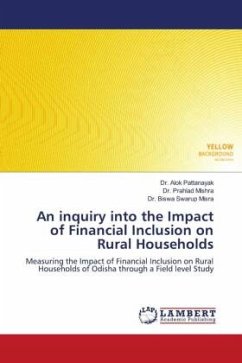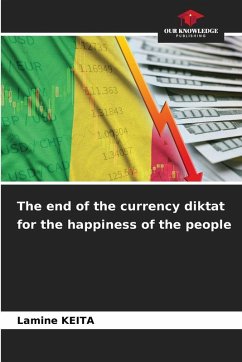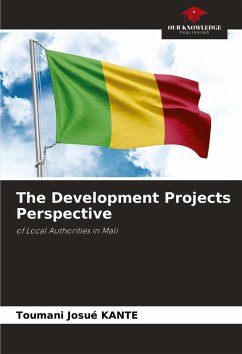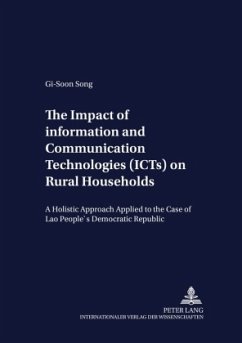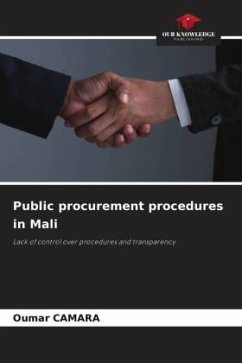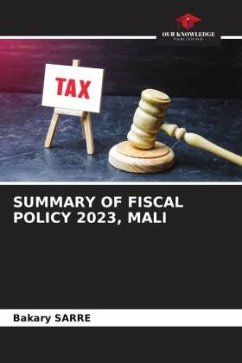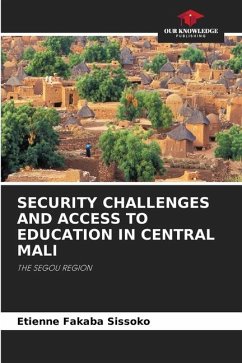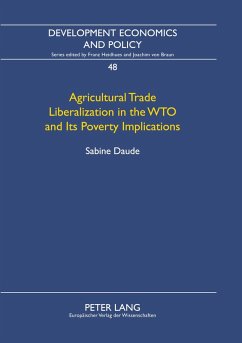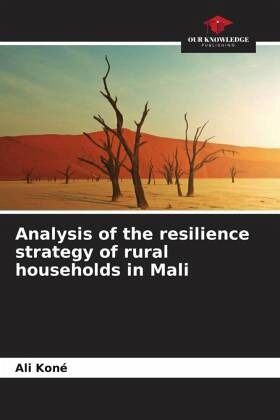
Analysis of the resilience strategy of rural households in Mali
Versandkostenfrei!
Versandfertig in 6-10 Tagen
27,99 €
inkl. MwSt.

PAYBACK Punkte
14 °P sammeln!
This study analyzes the resilience strategy of rural households in Mali in the face of the various shocks they experience. The data comes from the agricultural survey integrated with household living conditions conducted in 2017 throughout the country, with the exception of the Kidal region, which was not covered due to the prevailing insecurity. The shocks analyzed are covariant (affecting a large number of households or the entire community) and idiosyncratic (specific to the household). The shocks have negatively impacted some households, while others have benefited. Faced with their vulner...
This study analyzes the resilience strategy of rural households in Mali in the face of the various shocks they experience. The data comes from the agricultural survey integrated with household living conditions conducted in 2017 throughout the country, with the exception of the Kidal region, which was not covered due to the prevailing insecurity. The shocks analyzed are covariant (affecting a large number of households or the entire community) and idiosyncratic (specific to the household). The shocks have negatively impacted some households, while others have benefited. Faced with their vulnerability to shocks, rural households use a variety of strategies: (i) diversification of income sources (agriculture, livestock, trade), (ii) use of savings (iii) mutual aid (iv) migration (v) sale of assets (vi) taking children out of school (vii) change in consumption habits etc.



